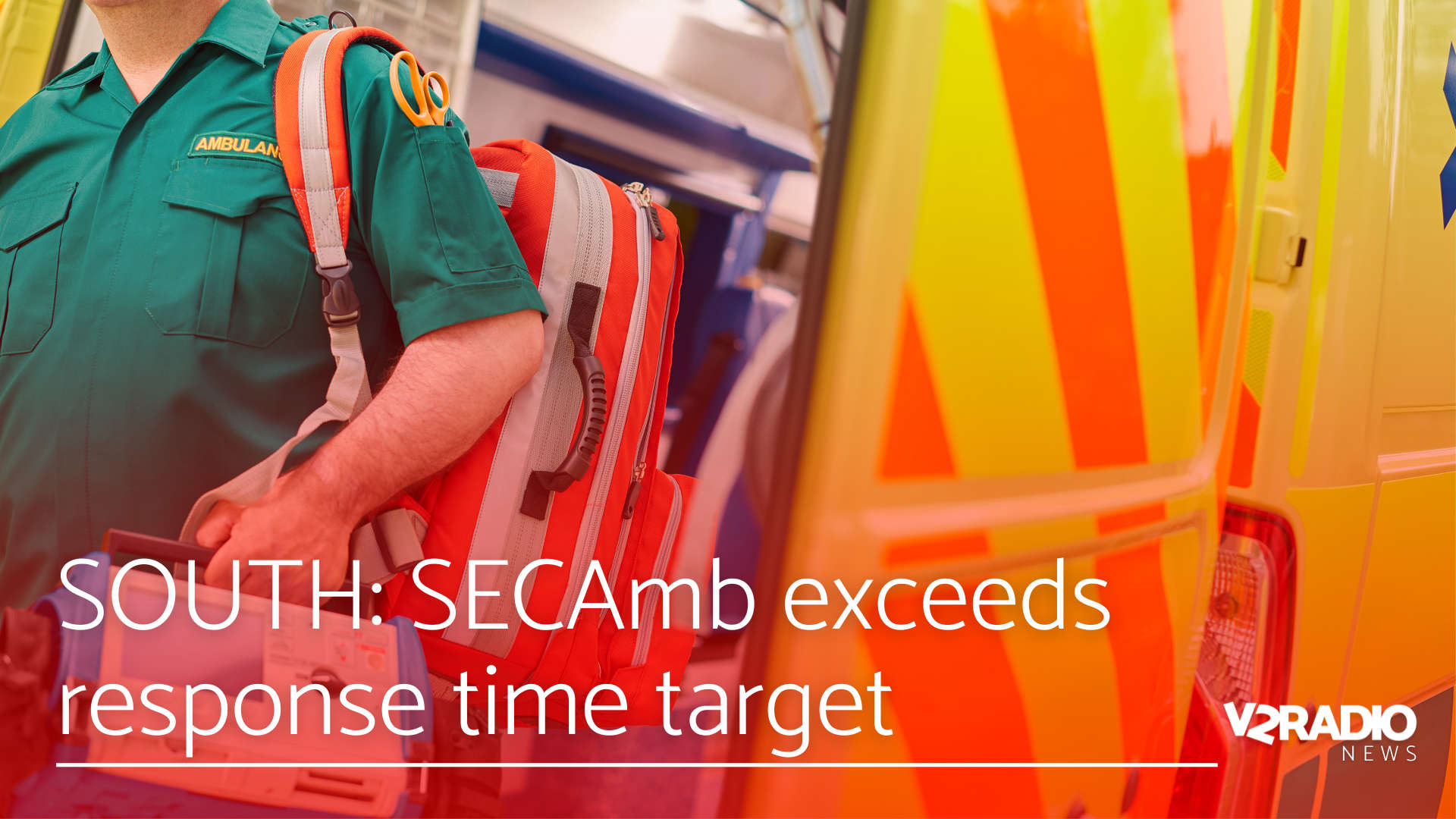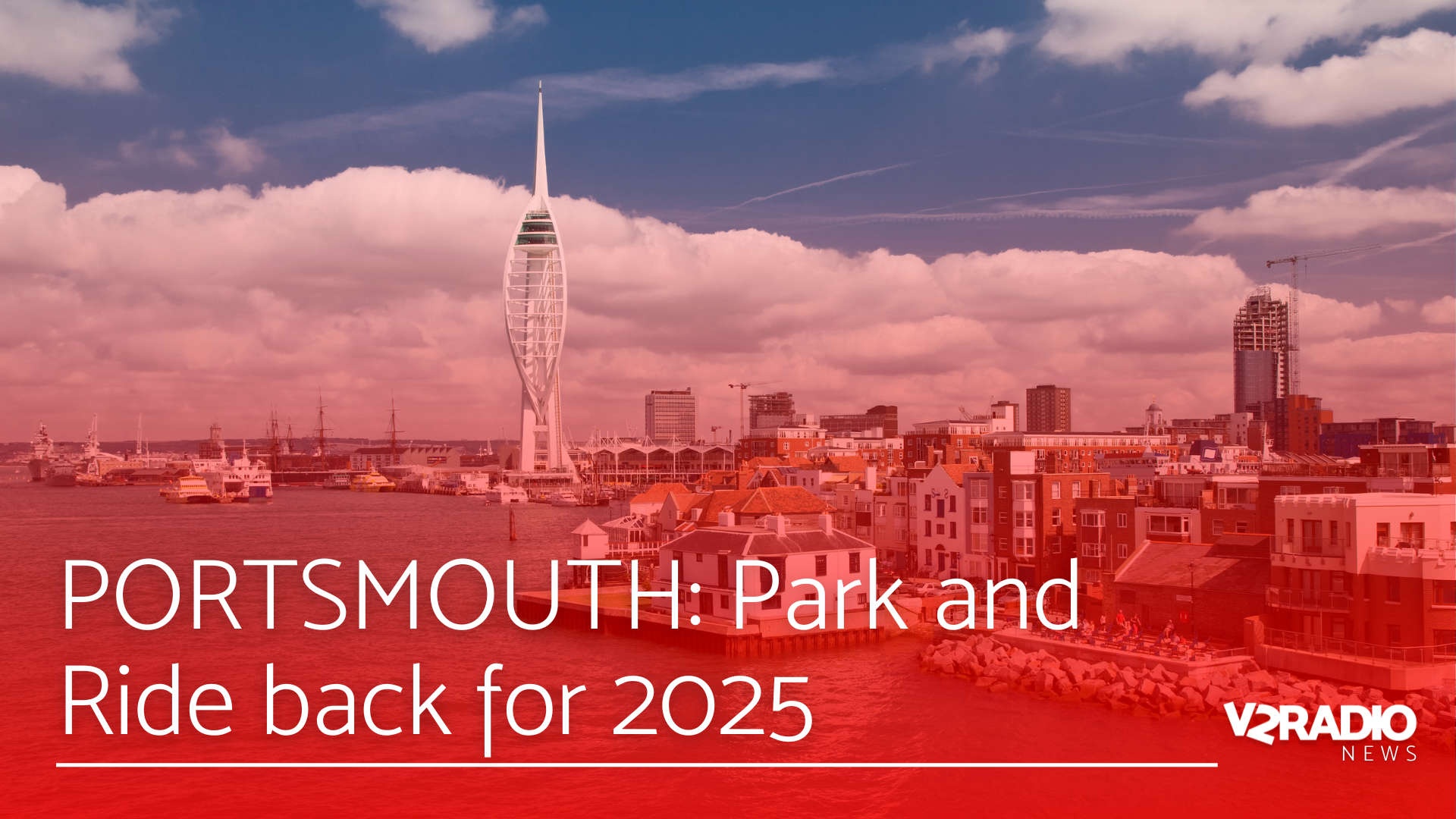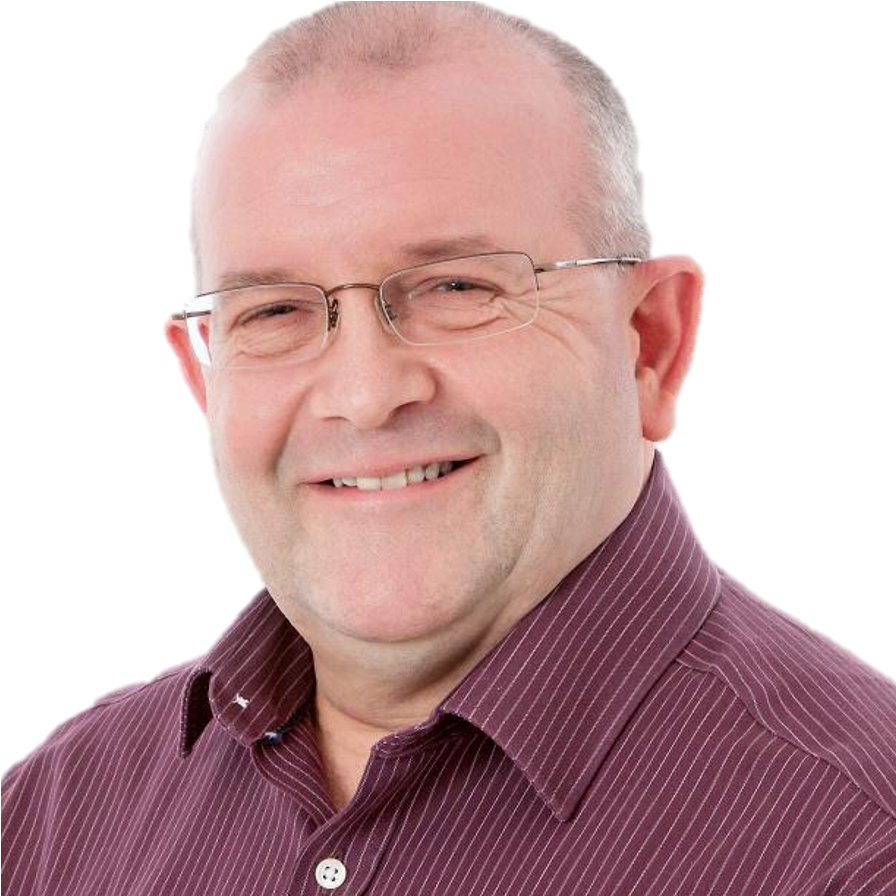
South East Coast Ambulance Service has consistently exceeded expectations in its response times over the past year.
The service not only met but surpassed targets for attending to critically ill and injured patients.
Among only a select group of ambulance trusts, SECAmb stood out by beating the Category 2 call performance target for the entire last year, recording an average response time of 28 minutes and 49 seconds.
These Category 2 calls often involve urgent situations like suspected strokes and heart attacks.
The past year has seen SECAmb implement a number of initiatives to help manage demand on its service and the wider NHS, and to ensure patients are receiving the right response, first time.
The work includes the introduction of an additional five multi-discipline clinical hubs. The Unscheduled Care Navigation Hubs (UCNHs) see SECAmb’s highly-skilled clinicians joined by specialist teams from across local healthcare systems to ensure 999 calls are receiving the most appropriate response.
The hubs complement SECAmb’s existing urgent care hubs, through which the Trust’s Advance Paramedic Practitioners (APPs) provide support and advice to ambulance crews.
SECAmb Chief Executive, Simon Weldon said: “We delivered a really consistent Category 2 response time performance across the past 12 months. This is a challenging category for all ambulance services as it is where a majority of our calls fall.
“Teams right across our organisation are responsible for ensuring we exceeded this target. They should all be very proud and I would like to thank all our staff and volunteers for their work in achieving this target.
“We are very aware that there remains much to do to ensure we continue to make improvements across all categories of call. Measures that we have implemented, including the introduction of more of our multi-discipline clinical hubs, are proving beneficial for patients.
“I would also like to thank all our partners across the health system for their support in helping us to maintain good hospital handover performance. As we look ahead, it is vital that we continue to work closely with our NHS system colleagues to ensure our patients are receiving the most appropriate care and treatment for their needs, first time.”

 Portsmouth MP becomes new Climate Ambassador
Portsmouth MP becomes new Climate Ambassador
 Witness appeal after man hit by vehicle in Ludshott Common near Headley Down
Witness appeal after man hit by vehicle in Ludshott Common near Headley Down
 Over 91% of families in West Sussex offered their first preference primary school
Over 91% of families in West Sussex offered their first preference primary school
 A woman has died after she went missing in the sea off Brighton
A woman has died after she went missing in the sea off Brighton
 Plans to mark VE Day in Selsey underway
Plans to mark VE Day in Selsey underway
 Skate Park in East Preston now open after refurbishment
Skate Park in East Preston now open after refurbishment
 Volunteers wanted to help stop the spread of wildfires in West Sussex
Volunteers wanted to help stop the spread of wildfires in West Sussex
 UPDATE: Strikes at Gatwick during Easter Bank Holiday
UPDATE: Strikes at Gatwick during Easter Bank Holiday
 Portsmouth Park and Ride back in the Summer
Portsmouth Park and Ride back in the Summer
 Plans for 15 homes in Plaistow
Plans for 15 homes in Plaistow






